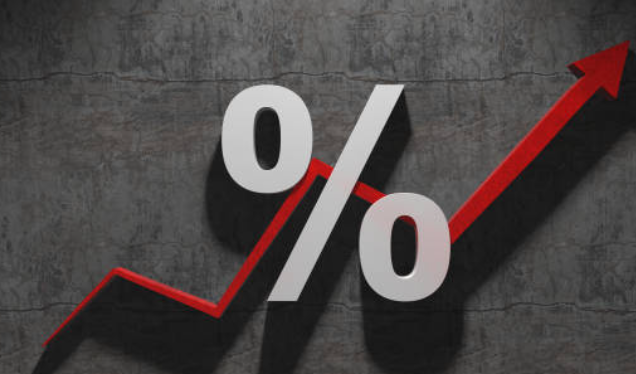6 Ways High Interest Rate Results in Recession

A central bank has only one tool to maintain the balance in the economy. And it is interest rate. It raises it so that the economy cools down and inflation does not continue to rise, and it lowers it as it has done in the last ten years when the economy is in recession or stagnation. When there is a crisis, the cost of money goes down and when there is too much money circulating, the interest rate goes up. That is why we are seeing the increase in interest rate by central banks of various countries.
Banks raise interest rates for several reasons:
- Inflation: Banks raise interest rates to keep pace with inflation, which is a general increase in the price level of goods and services in an economy over a period of time. High inflation can erode the value of money and make borrowing more expensive, so raising interest rates can help curb inflation and maintain purchasing power.
- Economic growth: Banks may raise interest rates to slow down economic growth and curb inflationary pressures when the economy is overheating. High economic growth can lead to increased demand, which can drive up prices, so raising interest rates can help slow down economic growth and reduce inflation.
- Risk management: Banks may raise interest rates to manage the risk of default and to maintain profitability. When interest rates are low, it can be more difficult for banks to make a profit on loans, so they may raise interest rates to increase their profitability.
- Monetary policy: Banks can raise interest rates as part of monetary policy, which is the process by which the central bank manages the money supply and interest rates to achieve certain economic goals, such as price stability and full employment.
- Market competition: Banks may raise interest rates to attract customers and to remain competitive in the marketplace. This could be in response to other banks raising their interest rates.
High Interest Rate – Impact on Economy
It’s worth noting that raising interest rates can have both positive and negative effects on the economy. Higher interest rates can curb inflation and slow down economic growth, but they can also make borrowing more expensive, which can slow down investment and spending, leading to economic downturn.
High interest rates can cause a recession for several reasons
- Reduced borrowing and spending: High interest rates make borrowing money more expensive, which can discourage people and businesses from taking out loans. This can lead to reduced spending and investment, slowing down economic growth.
- Increased debt: High interest rates can make it more difficult for people and businesses to pay off their existing debt, leading to defaults and bankruptcies.
- Reduced housing market activity: High interest rates can make it more expensive for people to buy homes, which can slow down the housing market. This can also lead to decreased construction activity and job losses in the construction and real estate sectors.
- Reduced consumer and business confidence: High interest rates can signal that the economy is not doing well, which can lead to reduced consumer and business confidence. This can lead to reduced spending and investment, further slowing down economic growth.
- Reduced exports: High-interest rates can increase the value of domestic currency making exports less competitive. This can lead to reduced exports and job losses in the exporting sectors.
- Reduced government spending: High-interest rates can make it more expensive for the government to borrow money, which can lead to reduced government spending and job losses in the public sector.
It’s important to note that high interest rate isn’t the only factor that causes a recession, but it can contribute to a recession by slowing down economic growth and increasing debt and defaults. Central Banks use monetary policy to control the interest rate and to stabilize the economy by finding the right balance between interest rates, inflation and economic growth.

Hi, I am Nikesh Mehta, owner and writer of this site. I’m an analytics professional and also love writing on finance and related industry. I’ve done online course in Financial Markets and Investment Strategy from Indian School of Business. I can be reached at [email protected].



